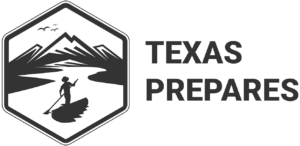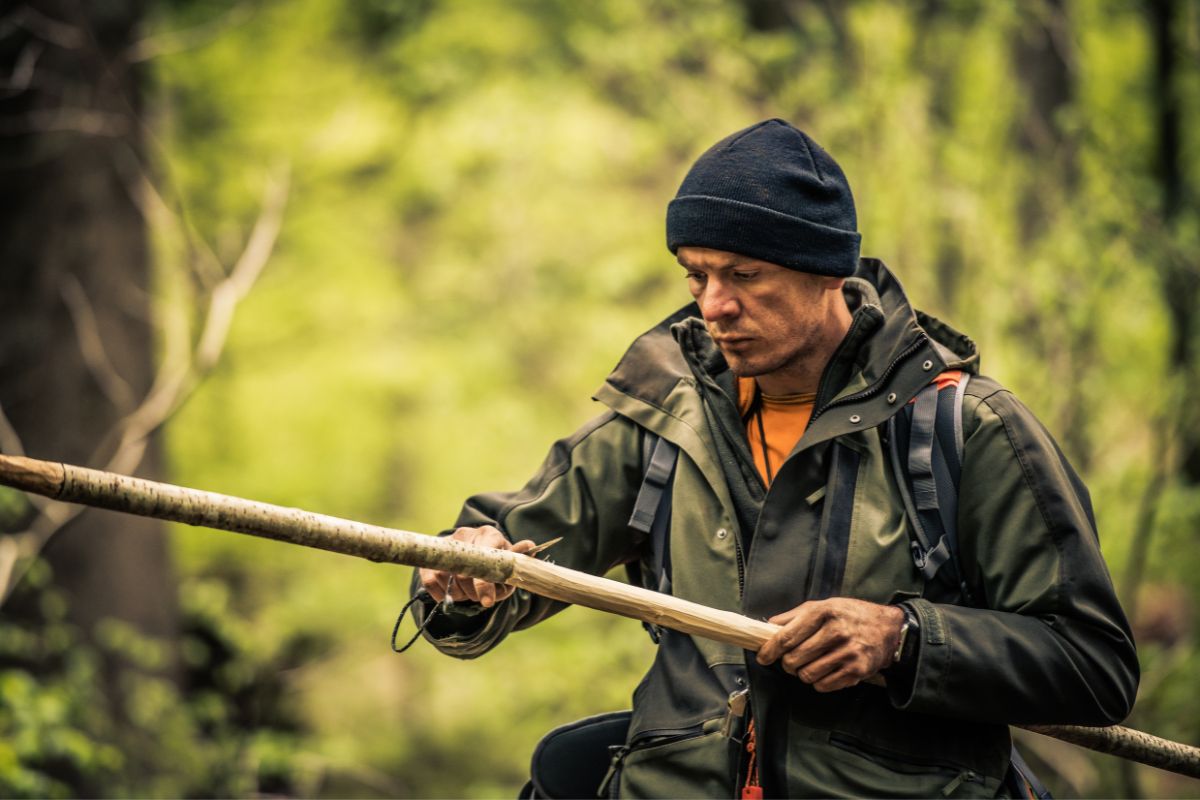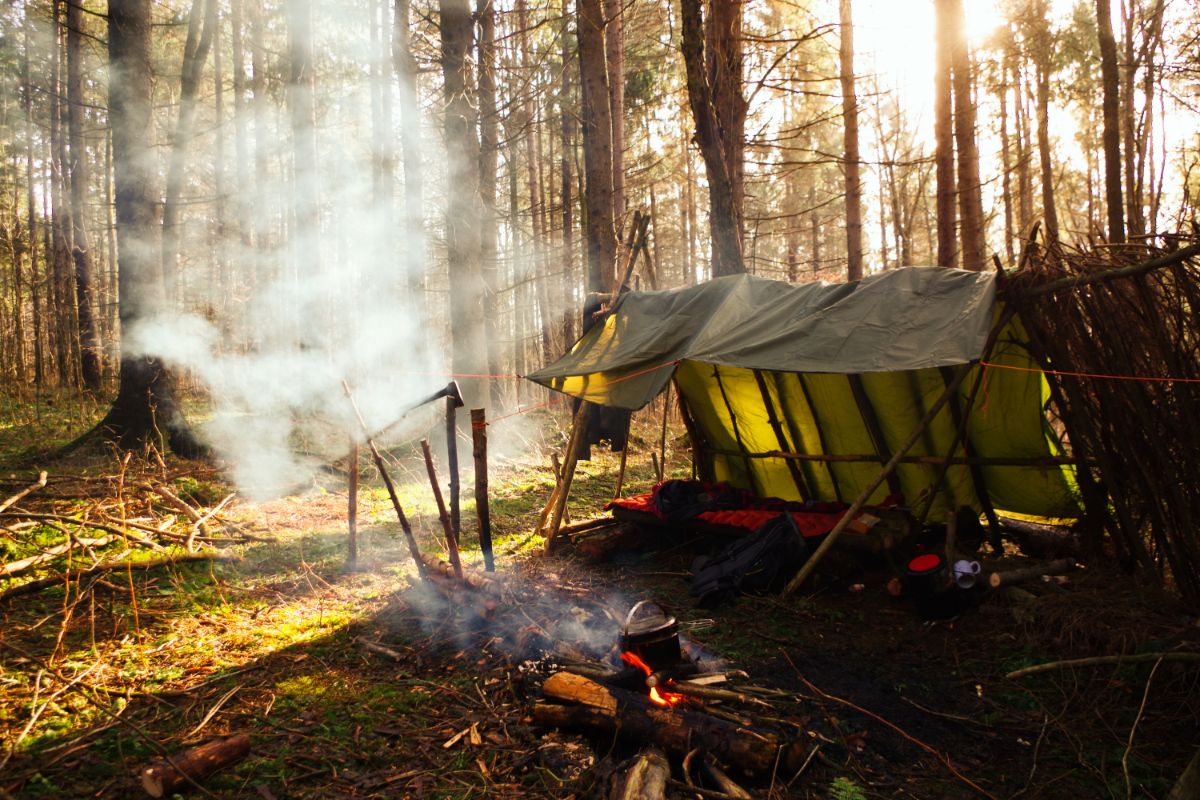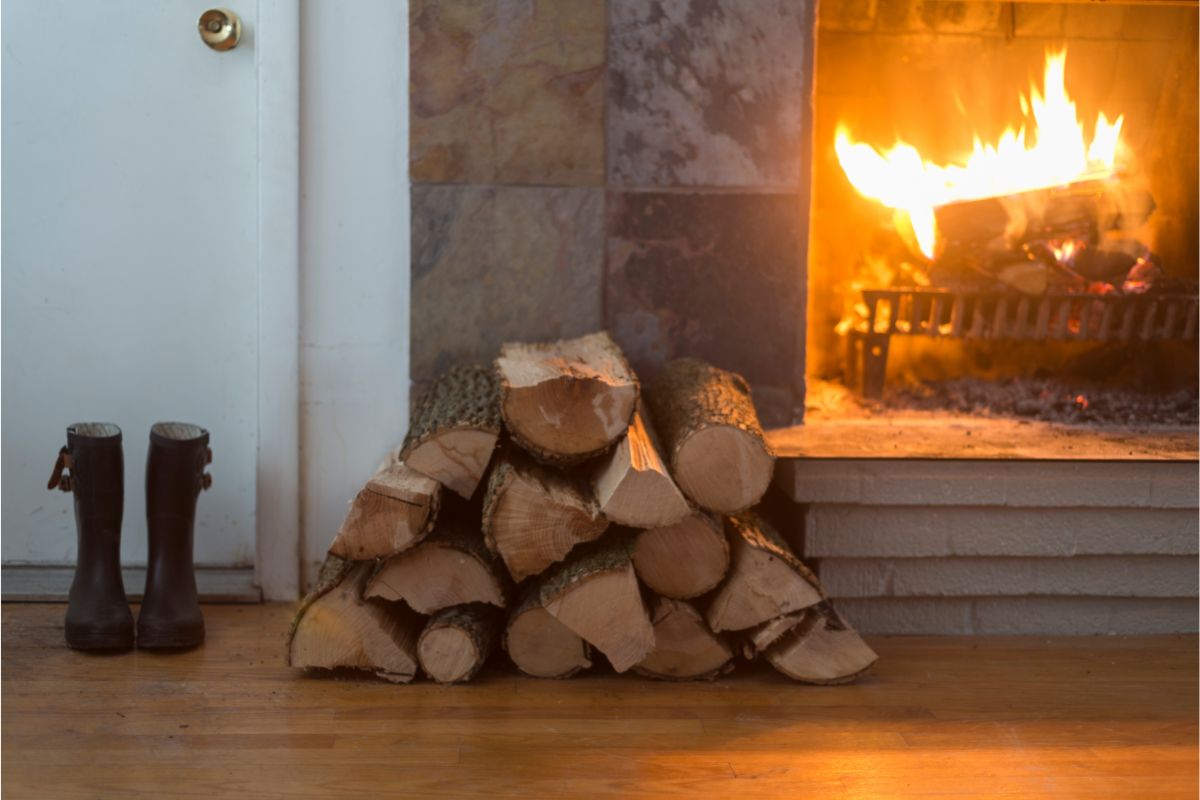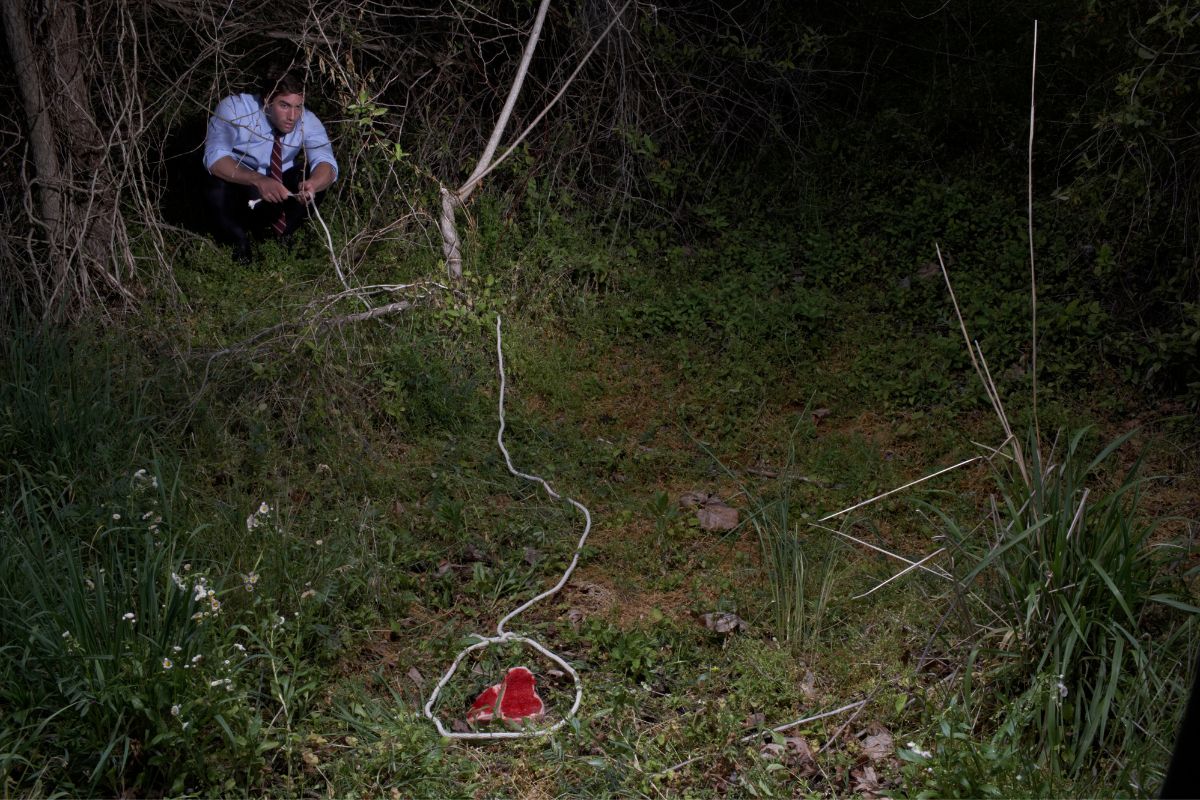We all like to think that when the worst events happen in our lives that we are prepared to deal with them in the most sensible and knowing way possible.
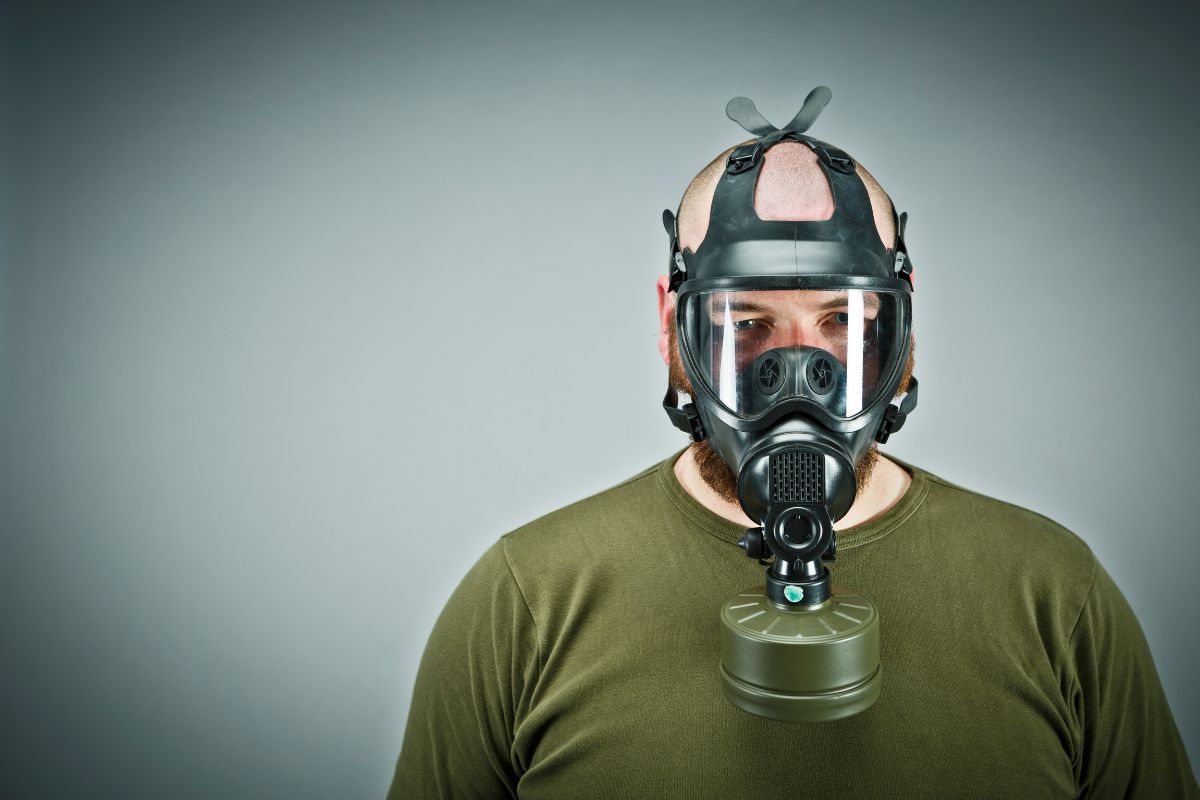
This can be when we lose our jobs, our marriages fall apart, or even just as simple as our car completely breaking.
Coping with these scenarios is fantastic, but it’s not as if we prepared for them well or in any way a lot of the time.
Preparing for the unknown is a scary and time-consuming endeavor, but it can mean the difference between good and bad results in those times.
The events are bad, but they are not things that a prepper would necessarily be worried about. Instead, they would be worried about much more dramatic scenarios.
With this in mind, we’ve decided to detail exactly what a prepper is, what they do, and why you may be a prepper without realizing.
Preppers: What Are They?
Prepper is a word derived from the word ‘prepared’ and that is exactly what a prepper is, they are a person who is prepared for emergency and survival situations, as well as disasters.
They do this by making a plan of action for when those times occur, gather resources to be able to deal with them, and gain knowledge and skills in how to cope in those situations.
The people who are or become preppers are not people from the same place or background, they can be literally anyone from all manner of upbringing and walks of life.
The one uniting factor behind all of them is that they have probably seen hardship or understand hardship very well, and so wish to create plans to prevent it in the future.
Most preppers try to reduce their future dependency on integrated infrastructure or create their own for the scenarios they think they will face.
This is not for a dislike of the infrastructure or what it offers, it is more because most infrastructure would become untenable or unusable in an emergency situation.
For example, in mass flooding water is the first thing normally shut off, because the fresh water can become contaminated.
This means that many people trapped are without a fresh water supply, due to the lines being cut.
Preppers reduce this dependency by employing a few strategies to counter their needs:
- Storing or stockpiling the resources that they depend upon (i.e. food and water).
- Building a network of other preppers and survivalists.
- Learning survival and construction skills.
- For some, going completely off the grid.
People will choose how prepared they feel they need to be, for some this means just preparing for regular disasters, for others this means going completely off the grid and relying only on themselves.
Prepping Levels
While all preppers have the same basic goals, there are four different levels that each prepper or group of preppers will fall into.
This is because our own perception of necessity and risk are always going to be different, and sometimes there are things that we find important that others think are not so.
As such, the four levels are: Basic, 30 days, 3 months, Years, and Off-grid. Let’s look at each:
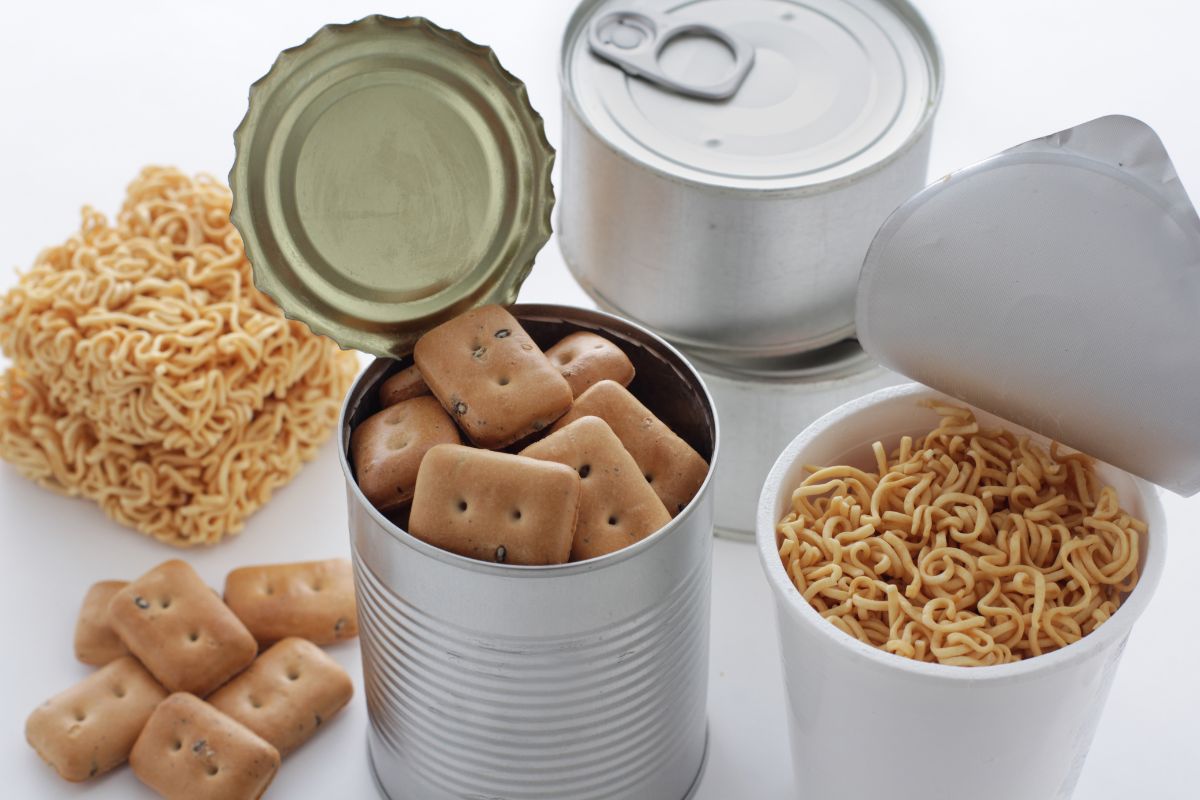
Basic
Basic is what it says, it is the bare minimum needed to survive.
This preparedness level is all about having what you need to survive a few days at most, and also having the equipment to gain the resources to survive longer if necessary.
Most people of this level are preparing for a large, one time, natural disaster and will generally have food, water, first aid (Also check out What Is An IFAK?), clothes, toiletries, and other supplies that will keep them going until help comes.
30 Days
People who reach this level are normally at the point where we would consider them true preppers.
They have the resources, supplies, and equipment to last at least 30 days independent of society around them.
Strangely, most people in the basic level can make the jump to this level quite easily, by simply increasing their resources to match the length of time.
Most preppers at the 30-day mark would also have a survival kit and an option for everyday carrying of their stuff, so they could get up and go at any time.
3 Months
This is the point when you start to have thinking outside the box and about how you can keep things running continuously and sustainably.
Most people will stockpile a lot at this stage, but many will also start considering whether to make water butts to catch the rain and what sustainable food sources you would have around you.
Many preppers at this point will start making specialized kits for certain occasions as well.
Years
When you reach the point of surviving a year or more without modern society, you have to start considering how you will do that, as stockpiling alone won’t help, and it will be hard.
At this point, survival skills are a must, and preppers will scout out bug-out locations and vehicles to help them survive on the go.
You may also start building infrastructure and secure locations to help with this, as well as needing a sustainable food and water supply.
Off-Grid
This is when you completely cut yourself off from modern society, in the sense of dependence.
You may occasionally head into towns for treats, but it is not something that you need to do. Off-grid (or homesteading) is difficult, but it also allows you to be as self-sufficient as possible.
However, it does take a huge amount of dedication, patience, and determination.
Conclusion
Being a prepper is about being prepared for the worst case scenario or a terrible event that may happen in the future.
For some, this means a hurricane or a flood, for others, this means a collapse in society as we know it.
Whatever the case may be, these people are prepared for it to happen and know just what to do when it does occur.
- How To Make A Quick And Easy DIY Toilet For Camping - September 19, 2022
- How To Use A Knife For Self Defense - September 19, 2022
- How To Help The Elderly Recover From A Disaster - September 19, 2022
